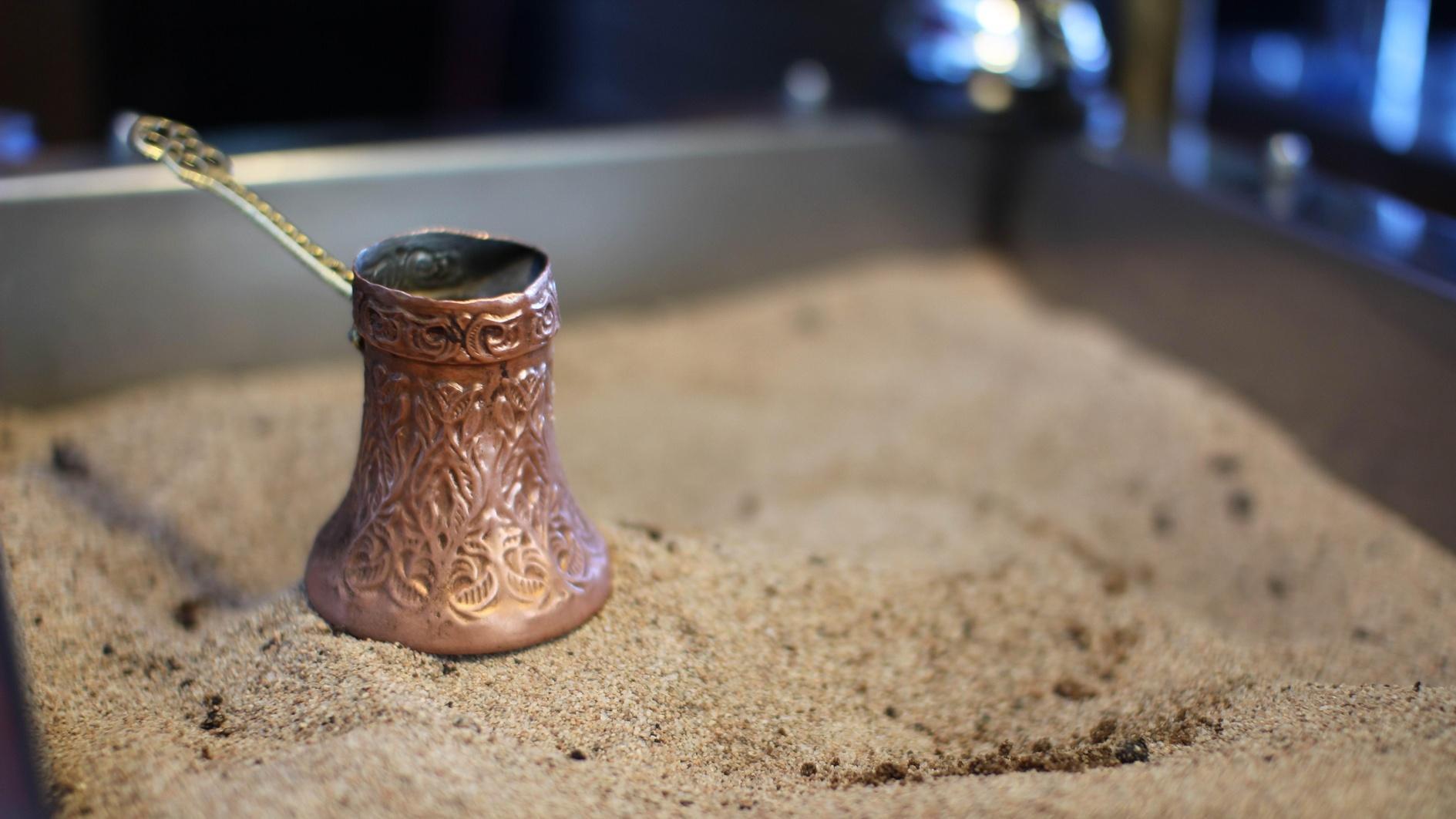
In a departure from traditional fortune-telling methods like daisy petals or tea leaves, Turkish coffee fortune-telling has surged in popularity, particularly among Generation Z, reveals an article by the British Broadcasting Corporation (BBC).
The BBC delves into the rich tradition of Turkish coffee and its associated fortune-telling practice, known as tasseography, with roots dating back at least 500 years. The article, written by Frankie Adkins, highlights Türkiye's leading role in preserving this cultural tradition, which has recently piqued the interest of Western audiences.
According to the BBC article, the allure of Turkish coffee lies not only in its historical significance, traced back to the first coffeehouse established in Istanbul in 1554 during the Ottoman era, but also in its recognition as a UNESCO Cultural Heritage in 2013, highlighting the pivotal role of coffee in fostering social connections within Turkish culture.
Adkins, who recently visited Istanbul, shared insights from her experience of having her fortune told in Beyoğlu. She revealed symbols from her coffee cup reading, reflecting a widespread practice in Türkiye where millions seek fortunes through coffee readings. Notably, the story highlights the increasing trend among young people to turn to online platforms for virtual coffee readings, with fortune-telling apps like Faladdin boasting 5 million users.
Moreover, the article sheds light on the growing recognition of Turkish coffee in the United States, featuring an interview with TikTok influencer Gizem Şalcıgil White, known as the 'Turkish Coffee Lady.' Her viral coffee readings on social media have made booking an appointment at her Virginia café nearly impossible.